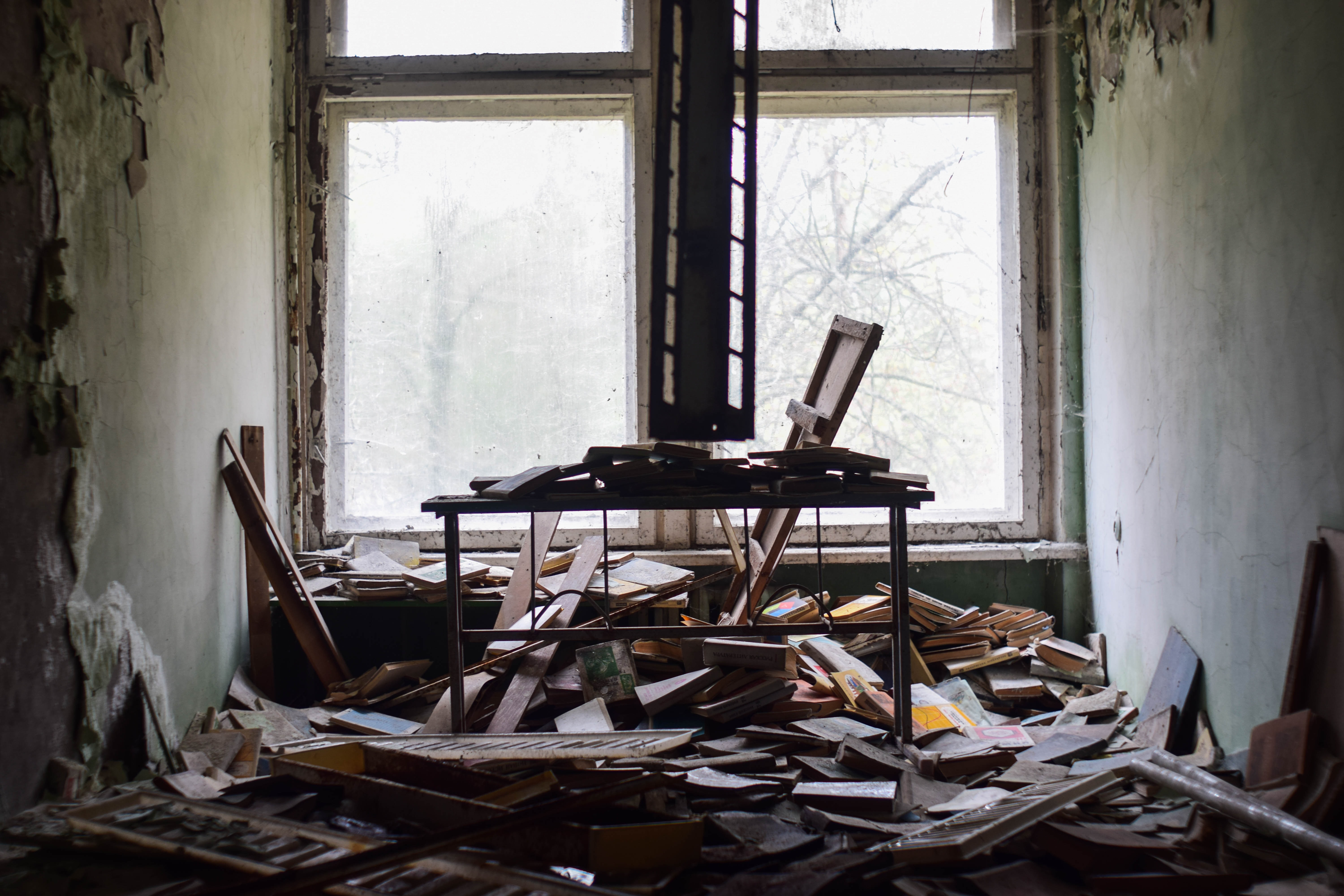News release
From:
Managing hoarding and squalor
Hoarding and squalor are complex conditions that can pose safety risks to the individual, household occupants, pets and neighbours. Dr Andrew Gleason from the Department of Consultation Liaison Psychiatry at the Concord Repatriation General Hospital in Sydney examines the diagnosis and treatment of hoarding and squalor. A multiservice, multidisciplinary approach is often required which may include cognitive behavioural therapy for hoarding disorder and potentially some medicines.



 Australia; NSW; VIC
Australia; NSW; VIC



